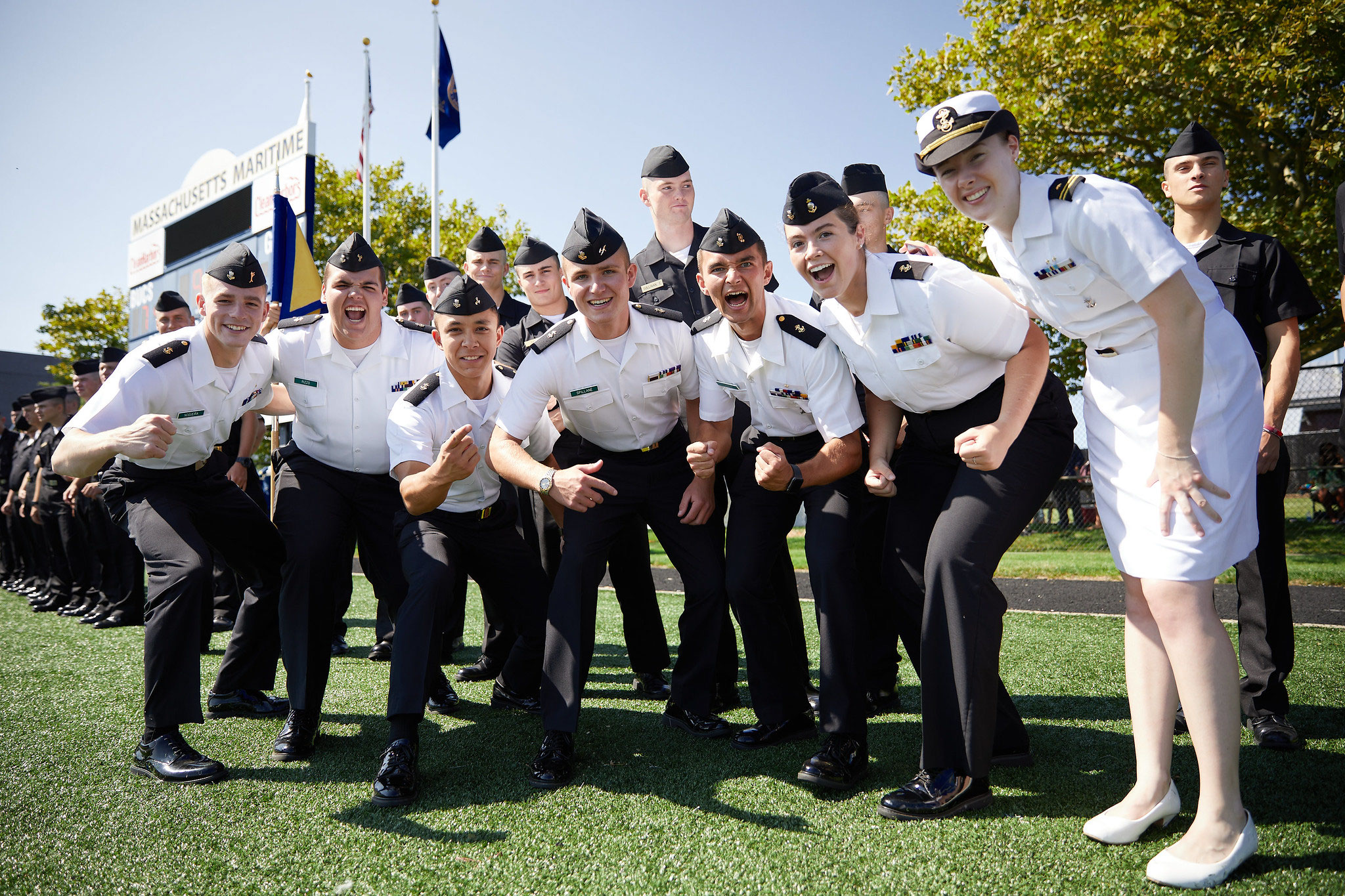The maritime and marine industries are critical to global commerce, with commercial ships transporting around 90% of the world’s trade. As the demand for skilled mariners continues to grow, maritime and marine education in the United States plays a vital role in ensuring that the next generation of seafarers is well-prepared to navigate the challenges of the modern shipping industry. This article explores the current state of maritime and marine education in the USA, highlighting key institutions, educational pathways, and the industry’s response to emerging trends and technologies.

Maritime education in the United States is designed to provide students with the knowledge and skills necessary to pursue careers in the commercial shipping industry. This education encompasses a wide range of disciplines, including navigation, marine engineering, logistics, environmental science, and maritime law. The U.S. boasts several prestigious maritime academies and universities that offer specialized programs to prepare students for various roles within the maritime industry.
Key Maritime Academies and Institutions
The United States is home to several renowned maritime academies and institutions, each offering unique programs tailored to the needs of the maritime industry. Some of the most prominent institutions include:
- United States Merchant Marine Academy (USMMA) – Kings Point, New York
- USMMA, often referred to as Kings Point, is one of the most prestigious maritime academies in the country. It offers a rigorous academic program that combines classroom instruction with hands-on training at sea. Graduates earn a Bachelor of Science degree, a U.S. Coast Guard license as a merchant marine officer, and a commission as an officer in the U.S. armed forces. USMMA graduates are highly sought after in the maritime industry due to their comprehensive training.
- Massachusetts Maritime Academy (MMA) – Buzzards Bay, Massachusetts
- Massachusetts Maritime Academy is another leading institution in maritime education. MMA offers undergraduate and graduate programs in marine engineering, marine transportation, emergency management, and more. The academy emphasizes practical experience, requiring students to participate in “Sea Term,” a unique program where they gain hands-on experience aboard the academy’s training ship.
- Maine Maritime Academy (MMA) – Castine, Maine
- Maine Maritime Academy provides a range of programs focusing on engineering, management, science, and transportation. The academy’s rigorous curriculum and state-of-the-art facilities prepare students for careers in the maritime and transportation industries. Like other maritime academies, MMA offers sea training as an integral part of its educational approach.
- California State University Maritime Academy (Cal Maritime) – Vallejo, California
- Cal Maritime is the only maritime academy on the West Coast and offers programs in marine transportation, marine engineering technology, and global studies. Cal Maritime is known for its small class sizes, hands-on learning opportunities, and strong industry connections, which provide students with valuable internships and job placement opportunities.
- Texas A&M University at Galveston (TAMUG) – Galveston, Texas
- TAMUG offers a wide range of undergraduate and graduate programs focused on marine and maritime studies, including marine biology, marine engineering technology, and maritime administration. The university’s close proximity to the Gulf of Mexico allows for unique research and training opportunities in a real-world maritime environment.
Educational Pathways and Certifications
Maritime education in the USA typically follows a structured pathway, combining academic coursework with practical training. Students can pursue various certifications and degrees, depending on their career goals:
- Bachelor’s Degrees: Many maritime academies offer Bachelor of Science degrees in fields such as marine transportation, marine engineering, and logistics. These programs typically include courses in navigation, ship operations, maritime law, and environmental protection. A bachelor’s degree is often required for officer-level positions on commercial ships.
- Coast Guard Licenses: Graduates of maritime academies typically earn a U.S. Coast Guard license, which is essential for serving as an officer on a commercial vessel. Licenses are available for different roles, including deck officers, engineering officers, and pilots. The licensing process involves rigorous exams and sea-time requirements.
- Graduate Programs: Some institutions offer advanced degrees in maritime-related fields, such as maritime law, maritime business, and marine engineering. These programs are designed for professionals seeking to advance their careers or transition into leadership roles within the maritime industry.
- Certificates and Short Courses: In addition to degree programs, many institutions offer short courses and certificates in specialized areas, such as ship handling, hazardous materials management, and maritime safety. These courses are often pursued by professionals looking to upgrade their skills or meet continuing education requirements.
Challenges and Opportunities
While maritime education in the USA is robust, it faces several challenges:
Recruitment and Retention: Attracting young talent to maritime careers can be challenging due to the demanding nature of the work and long periods away from home. Maritime academies are working to raise awareness of the benefits and opportunities within the industry, including competitive salaries and the chance to work in a global environment.
Diversity and Inclusion: The maritime industry has historically been male-dominated, but there is a growing movement to increase diversity and inclusion. Maritime academies are making efforts to attract women and underrepresented groups to their programs, creating a more inclusive industry.
Adapting to Rapid Change: The pace of technological change in the maritime industry requires education programs to be agile and responsive. Institutions must continually update their curricula and invest in new technologies to keep pace with industry developments.
Maritime and marine education in the USA is a cornerstone of the global shipping industry, providing the training and skills necessary to operate the world’s commercial fleets. As the industry evolves in response to new challenges and opportunities, maritime education is adapting to ensure that graduates are not only prepared for today’s demands but are also equipped to lead the industry into the future. With strong institutions, innovative programs, and a focus on emerging trends, the U.S. continues to be a global leader in maritime education, shaping the next generation of mariners who will navigate the complexities of the world’s oceans.


that`s useful and new.
thanks
Hi, I’m Jack. Your website has become my go-to destination for expert advice and knowledge. Keep up the fantastic work!
This article was a joy to read. The enthusiasm is contagious!
An informative and valuable article about commercial shipping and merchant seafarers in the US. Thanks
The Writing is a go-to resource, like a favorite coffee shop where the barista knows The order. Always comforting.
The analysis is like a well-crafted movie—engaging, enlightening, and leaving me thinking long after it’s over.
I learned a lot, and now I’m curious about what else you could teach me. The intelligence is as captivating as The prose.
Your vibrant approach is absolutely refreshing — great work!
I appreciate the practical advice you share.
This post feels alive — seriously impressive work!